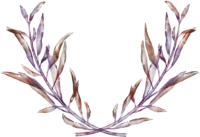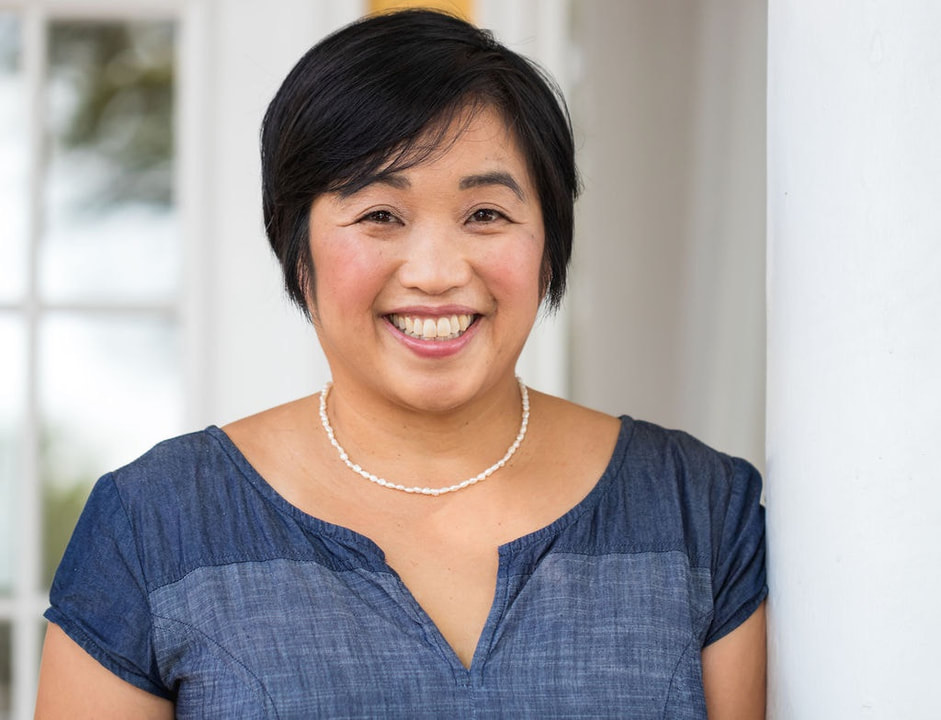
Debbie Wong, MS, CPM, LM
Midwife – Doula – Childbirth Educator – Arvigo Technique

MY JOURNEY AS A MIDWIFE
I was born in New York City at Albert Einstein Hospital. Although my parents were born at home in China and Hong Kong, for much of my life I didn’t know that homebirth was an option for women in the United States. It wasn’t until my 20s, when I was working as a park ranger at Badlands National Park, South Dakota that I met a midwife and learned homebirths were a possibility. The midwife was traveling through the park on her way to the Pine Ridge Reservation to provide midwifery care to the Lakota women who lived in that area. She told me that midwives were in great need because the rural location forced women to travel away from their homes, 90 miles away to Rapid City, to give birth. She said that in the Rapid City hospitals the women generally did not receive culturally sensitive care. This meeting left me completely intrigued with midwifery.
My journey into midwifery started approximately five years after I met the Pine Ridge midwife. During that time I was finishing my MS in Biology at Northern Arizona University. Over a course of a semester I made several realizations about pregnancy and birth in our culture. I realized in our culture pregnancy and birth are very much baby centered. I realized that there is very little care that focuses primarily on the mother. I realized that women oftentimes will choose to place the care of her family before taking care of herself. I realized, while birth is a family event, it is first and foremost a process a woman has in becoming a mother. I realized one of the most fulfilling things I can do is to provide mother-centered care that reflects the importance of pregnancy and birth in her life.
I have spent a decade specializing in natural birth and have attended over 250 births. A portion of these births were during my apprenticeship at Alma Midwifery, Portland, Oregon, and the year following when I served in the role of Assistant Midwife. Although I worked primarily with one midwife, I had the opportunity to work with four other Alma midwives. Apprenticing and working in a large midwifery practice exposed me to different styles of practicing and allowed me to learn in a collaborative environment. I have had the joyous honor to serve first time mothers, second and third time mothers, mothers seeking a VBAC (vaginal birth after cesarean), mothers who gave birth in water, their bedrooms, in their yard, and in any position they choose. I have loved forming relationships with each of my clients, discovering their life histories, being amazed by their bodies’ ability to give birth and witnessing how a new life being is incorporated into their family.
While apprenticing, I attended Birthingway College of Midwifery and earned a Bachelor’s degree in Midwifery in 2009. While not all midwives choose to attend a formal education program, I chose this route because I enjoy a systematic approach to learning and the program created a community of student midwives that was empathic to our classmate’s experience. Oregon, due to its laws that support midwifery, has created an atmosphere that promotes out-of-hospital birth as a safe option for women. Midwives by being able to practice openly, are able to learn the skills needed to attend normal births and form good relationships with the medical community. This in turn allows us to provide the best possible care for the women we serve. Having worked in the supportive and nurturing atmosphere of Alma, Birthingway, and of greater Portland and Oregon midwives, I left Oregon with feeling both competent and confident.
At the beginning of 2010 I traveled for three months in the Mexican province of Chiapas, and in the western highlands of Guatemala. In both places I meet local Mayan midwives and had the honor to work with Dona Ana in Buena Vista, Guatemala. Buena Vista is located approximately 1 hour away from Quetzeltenango and is populated by Mayans who primarily speak Mam, one of the over 50 unique Mayan languages. Dona Ana became a midwife when she was 14 years old and started attending births with her mother who was also a midwife. Dona Ana is a very traditional midwife in the sense that she provides care to her entire community, not just pregnant women. While spending time with Dona Ana, I attended her appointments with her and had the great honor of welcoming a baby boy and a baby girl. While there was a large language barrier between the laboring women and myself, we both spoke limited Spanish, smiles, light touch, and presence are universal. Each of the two women labored in a stoic manner and did not have many outward expressions that communicated the intensity of their labor. One mother was laboring for the first time and the other her sixth. Each where overwhelmed with relief and joy when their baby was born.
In November 2010, I moved to Charlottesville, VA to join Mountain View Midwives. Unlike the time I was was in Portland, I started attending homebirths in both the city and in the more rural areas in the surrounding counties. While supporting these mothers during their pregnancies, I started to incorporate the Arvigo Techniques of Maya Abdominal Therapy™ (ATMAT) to their prenatal care. I have seen great results, from efficient labors (even for first time moms) to smoother postpartum recovery (even for a sixth time mom). ATMAT offers a wonderful element that complements a woman’s innate ability to birth.
A year after arriving in Charlottesville, and with the closing of Mountain View Midwives, I opened Nine Moons Midwifery and serve as the primary midwife. My goal is to support all women during their journey to motherhood regardless if they plan of birthing at home or in the hospital. Nine Moons Midwifery offers preconception counseling and ATMAT for those planning a family, midwifery services for those planning a homebirth, and birth companion/doula care for those planning to birth in the hospital.
In my off time, I enjoy knitting, traveling, increasing my local restaurant knowledge, and exploring various exercise methods.
I look forward to meeting you, having the opportunity to get to know you, and welcoming your baby.
“There is a secret in our culture, and it’s not that birth is painful. It’s that women are strong.”
Laura Stavoe Harm
